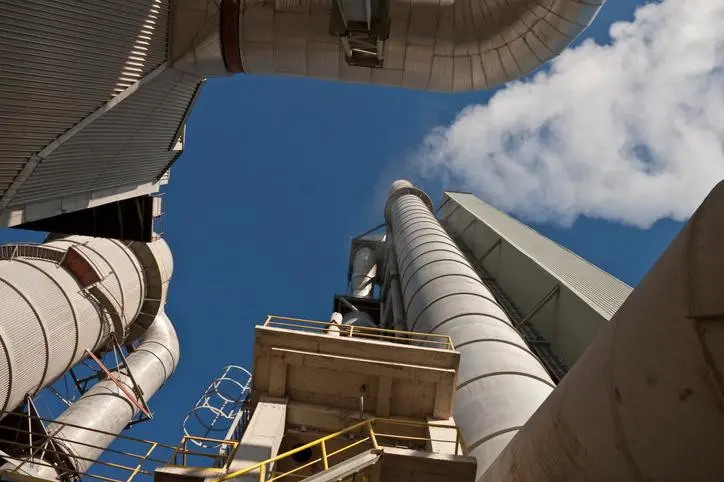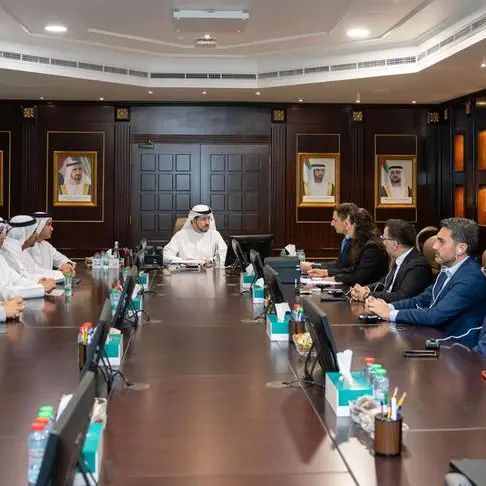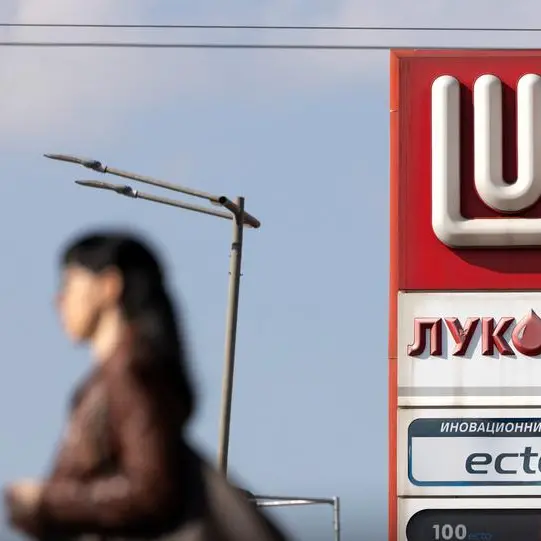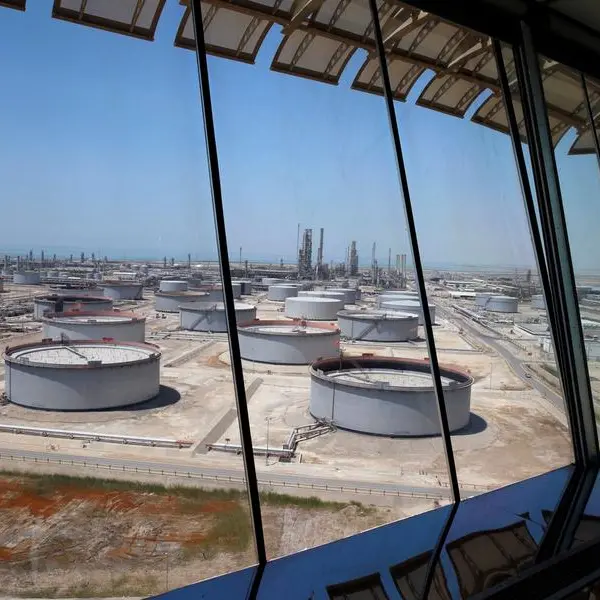PHOTO
RIYADH — The Kingdom of Saudi Arabia is the largest producer of cement in the Middle East and 8th globally. The cement industry is critical to economic prosperity.
The Kingdom is witnessing many mega-development projects today, which will raise its cement production over the next few years from the current rate of about 70 million tons annually. This increase requires the cement production sector to find pathways to reduce carbon emissions cost-effectively. The Kingdom’s vision for carbon neutrality by 2060 through the Circular Carbon Economy (CCE) approach also encourages such a move.
King Abdullah University of Science and Technology (KAUST), in collaboration with the Ministry of Industry and Mineral Resources, hosted a workshop entitled. “Cement Decarbonization in Saudi Arabia – Pathways to 2060”.
In his opening remarks, Musad Aldaood, Deputy Minister for Mining Development, said that the Kingdom’s vital cement sector would contribute to achieving its sustainability vision and ambition for carbon neutrality. He pointed out that the demand for cement is expected to rise in the coming years due to the size of the mega projects planned or underway in Saudi Arabia, which will increase the need to take urgent measures to reduce carbon emissions from the cement industry.
Aldaood stated that the Ministry of Industry and Mineral Resources recently carried out a detailed study of the cement sector in the Kingdom, which touched on several key topics, including environmental sustainability, and among its outputs was the establishment of a joint research center between mining companies and universities to develop green industries for several sectors such as cement, phosphates, and aluminum industries.
Workshop host Prof. Bassam Dally, from the Clean Combustion Research Center (CCRC), said “decarbonization of the cement industry is essential to reach the Kingdom’s targets”.
He added: “Decarbonization can also bring new opportunities, and new markets mean new technology and the rethinking of existing processes are needed.”
Prof. Pierre Magistretti, Vice President for Research at KAUST, stated that “KAUST faculty are addressing key challenges in decarbonization as part of its commitment to the circular carbon economy national platform. Cement is a key in which we strive to offer innovative solutions due to its economic importance to the Kingdom and its 2060 carbon neutrality target.”
Haitham Hamed, Executive Director for Business Development at the Saudi Investment Recycling Company (SIRC), explained that SIRC presented a business model for launching an alternative fuel station in the Al-Sulay landfill in Riyadh and led the supporting efforts with relevant authorities and partners to use alternative fuels as a sustainable source of energy.
The workshop covered current and future technologies for the cement industry and provided an opportunity for delegates from government, industry, and academia to participate and share their plans and views on three main topics: fuel substitution, clinker blending, and carbon capture.
The Global Cement and Concrete Association, GCCA, also supported the workshop, where CEO Thomas Guillot gave a keynote and a global perspective on decarbonization pathways.
© Copyright 2022 The Saudi Gazette. All Rights Reserved. Provided by SyndiGate Media Inc. (Syndigate.info).





















